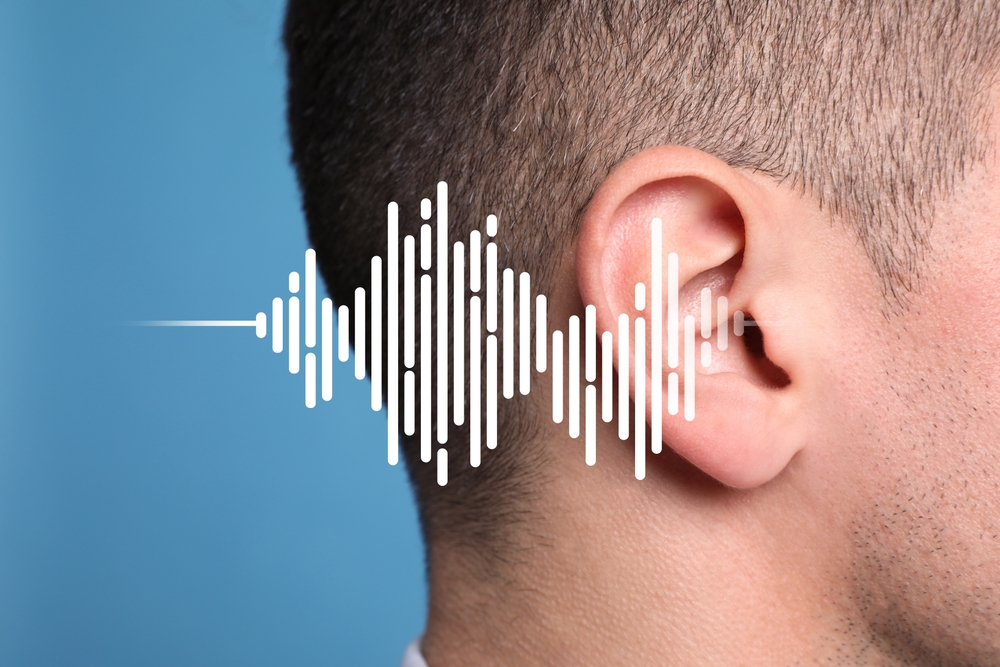When was the last time you thought about your nervous system? Most people don’t give it much attention unless something goes wrong. Your nervous system, consisting of complex networks of nerves and neurons, operates quietly in the background, ensuring that your body functions properly. But when these nerves encounter issues, you become acutely aware of their role.
One condition that significantly impacts the nervous system is Charcot-Marie-Tooth (CMT) disease, which, while primarily affecting the extremities, has been linked to high-frequency hearing loss.
What is Charcot-Marie-Tooth Disease?
Charcot-Marie-Tooth disease is a set of genetic neurological disorders that affect the peripheral nerves, which are the nerves exterior of the brain and spinal cord. These genetic disorders impair the functioning of the nerves or their protective covering, the myelin sheath. As a result, the transmission of electrical signals between the brain and the nerves is disrupted.
This disruption can lead to a range of symptoms, including loss of motor function and sensation, primarily beginning in your feet and progressing upwards into the arms.
The connection between CMT and hearing loss
While Charcot-Marie-Tooth disease is well-known for its impact on motor and sensory nerves, emerging evidence suggests a correlation with high-frequency hearing loss. This link was supported by a study conducted at the University of Iowa Hospitals and Clinics, where researchers tested 79 people with CMT.
The study revealed that while participants had normal hearing in low and moderate frequencies, they exhibited significant hearing loss in high-frequency ranges.
Understanding cochlear nerve involvement
The cochlear nerve, which transmits sound information from the inner ear to the brain, appears to be affected by CMT. This interference disrupts the ear’s ability to process high-frequency sounds. Individuals with this type of hearing loss often struggle to hear specific sounds, including voices, especially in noisy or crowded environments.
Addressing high-frequency hearing loss
Although there is not an existing cure for Charcot-Marie-Tooth disease, modern hearing aids offer a viable solution for managing high-frequency hearing loss. These devices are designed to amplify specific sound ranges, improving the ability to hear and understand speech. Advanced hearing aids can also be programmed to perform well in challenging acoustic environments, making them a valuable tool for those with CMT.
Exploring the causes and solutions for hearing loss
The precise reasons behind the frequent co-occurrence of CMT and high-frequency hearing loss are not entirely clear. Researchers continue to investigate the connection, but current technology provides effective means to address the hearing loss associated with this condition. Hearing aids remain the primary treatment option, offering significant relief and improving quality of life for those affected.
Other causes of hearing loss
Hearing loss can result from various factors beyond genetic disorders. Common causes include prolonged exposure to loud noises, ear infections, or obstructions within the ear. Charcot-Marie-Tooth disease is just one of many conditions that can contribute to hearing impairment. Regardless of the cause, seeking professional evaluation and treatment is essential for managing hearing loss effectively.
Find a hearing specialist near you if you are suffering from hearing loss.



